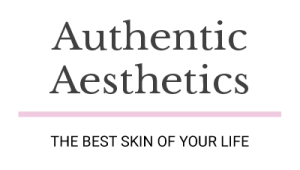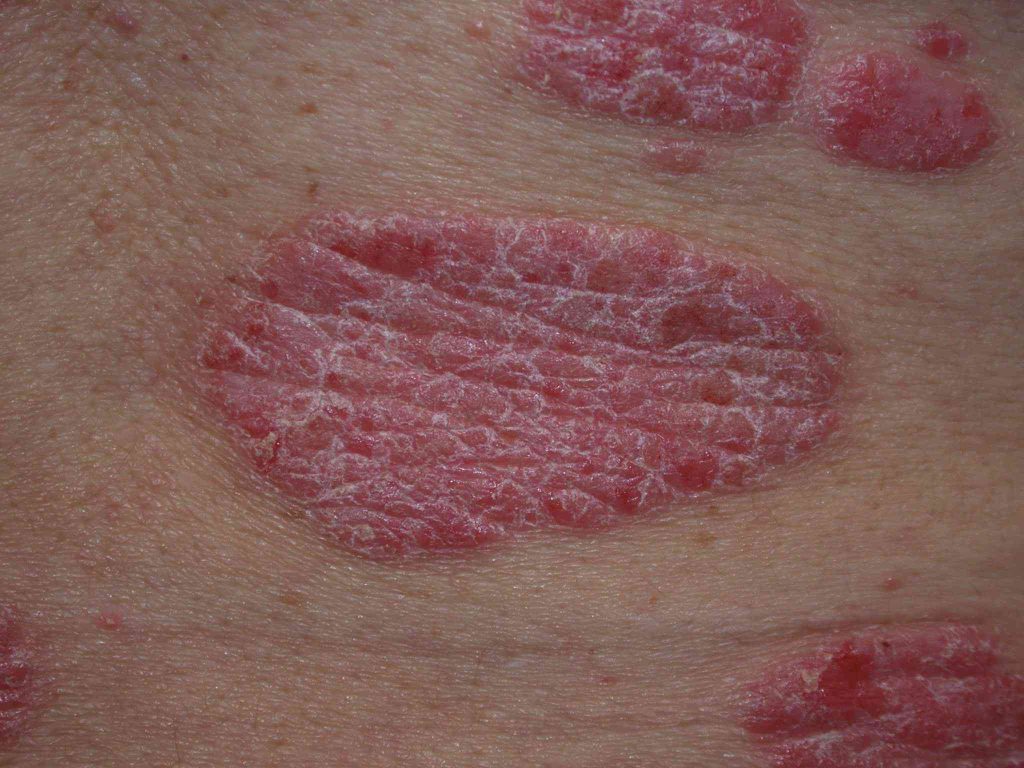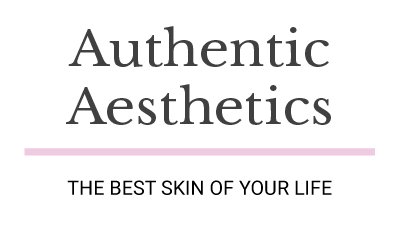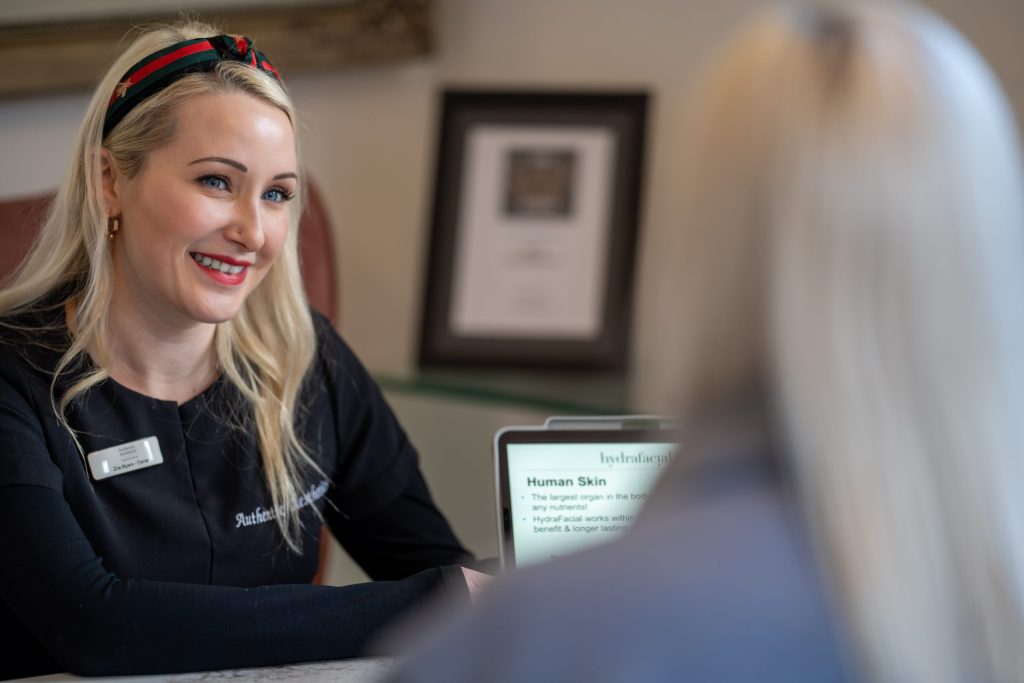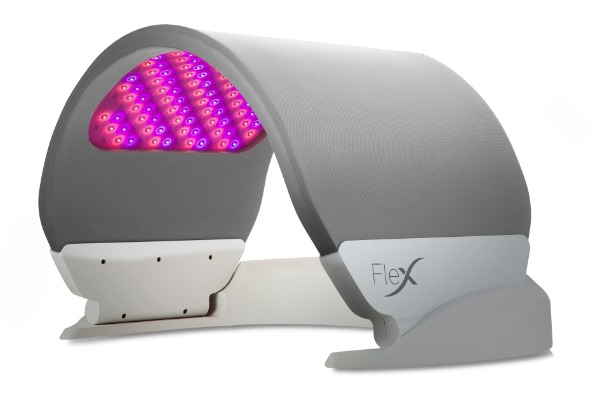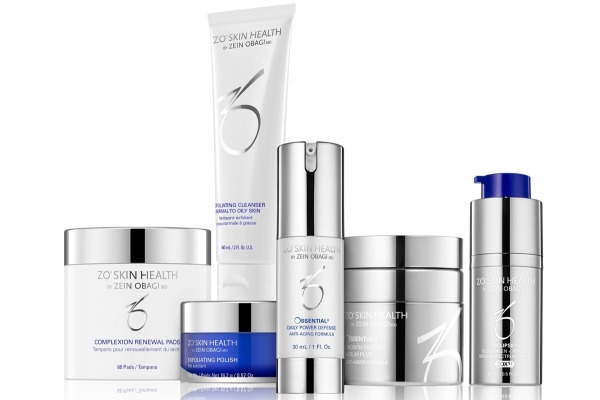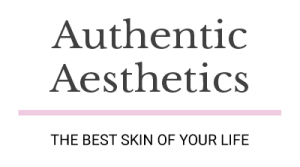Psoriasis FAQs
Psoriasis occurs when skin cells are replaced more quickly than usual. It’s unknown exactly why this happens, but research suggests it’s caused by a problem with the immune system.
Steroid creams or ointments are commonly used to treat mild to moderate psoriasis, the treatment works by reducing inflammation. This slows the production of skin cells and reduces itching.
Its symptoms are dry skin lesions, known as plaques, covered in scales. They normally appear on your elbows, knees, scalp and lower back, but can appear anywhere on your body.
Vitamin D deficiency has been associated with severe psoriasis because of an accelerated loss of nutrients.
Psoriasis occurs when skin cells are replaced more quickly than usual. It’s unknown exactly why this happens, but research suggests it’s caused by a problem with the immune system.
LED light therapy using red and near infra-red light has been clinically proven to help reduce psoriasis flare ups, combined with topical medicated emollients this is the best combination to get eczema flare ups under control. HydraFacial treatments can be used on the face to help to rehydrate and gently exfoliate skin to stimulate healing, it can not be performed on oozing/weeping/cracked eczema however and is used more for mild cases.
Without treatment, the symptoms of psoriasis can worsen, and it can lead to other complications, such as psoriatic arthritis and diabetes. Psoriasis causes the body to produce new skin cells in days rather than weeks. These cells accumulate on the skin’s surface, producing thick and scaly patches that can be itchy.
Steroid creams or ointments are commonly used to treat mild to moderate psoriasis, the treatment works by reducing inflammation. This slows the production of skin cells and reduces itching.
No, psoriasis is not contagious.
Psoriasis is characterised by dry skin lesions, known as plaques, covered in scales. They normally appear on your elbows, knees, scalp and lower back, but can appear anywhere on your body.
Do keep the skin clean
Do seek advice from a medical professional in severe cases
Do use prescribed creams as recommended
Don’t apply thick perfumed hand cream or body creams
Don’t scratch the area
Don’t pick at the skin
While drinking is essential for your overall health, including skin health, there is no definitive research supporting the claim that drinking water will treat psoriasis
Vaseline isn’t a cure-all, but it can help soothe eczema-prone skin by relieving dryness, promoting healing, and adding a layer of protection to the skin.
LED light therapy using red and near infra-red light has been clinically proven to help reduce psoriasis flare ups, combined with topical medicated emollients this is the best combination to get eczema flare ups under control. HydraFacial treatments can be used on the face to help to rehydrate and gently exfoliate skin to stimulate healing, it can not be performed on oozing/weeping/cracked eczema however and is used more for mild cases.
Use medicated emollient creams
Avoid dry, cold weather
Use a Humidifier
Keep stress to a minimum
Prices will vary based upon your location, the quality of the machine being used and the experience of your practitioner. Head to our price list to see pricing of our HydraFacial treatments which are the most commonly recommended treatments for psoriasis.
